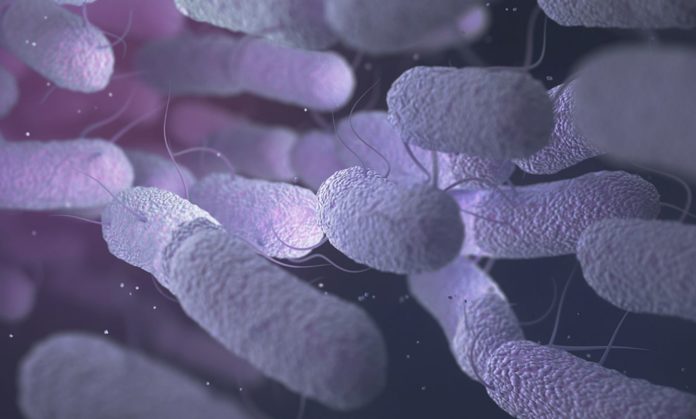Everything from arthritis to autism has been connected to the microorganisms in our stomachs. Scientists now claim to be able to predict our future health.
Our “microbiome,” or the mix of bacteria in our gut, can indicate the presence of numerous diseases better than our DNA, according to two new studies, and can even predict our odds of dying within the next 15 years.
“I am hopeful and enthusiastic that the community will reach a point where we’re able to develop microbiome-based therapeutics and diagnostics,” comments Samuel Minot, a microbiome researcher at Fred Hutchinson Cancer Research Center who was not involved in the study. “I think that this is within the realm of possibility.”
Researchers in the first analysis looked at 47 papers that looked at links between the collective genomes of gut bacteria and 13 prevalent illnesses. Schizophrenia, hypertension, and asthma were among them, all of which are classified as “complex” because illnesses are caused by both environmental and genetic factors. They then compared these findings to 24 genome-wide association (GWA) studies, which look at how specific human genetic variations are linked to certain diseases.
The team reveals in a publication published on the preprint site bioRxiv that the genetic signature of gut microorganisms was 20 percent better at identifying between a healthy and an unwell person than a person’s own genes. The microbiome was 50 percent more accurate than GWA studies in predicting colorectal cancer. Only the microbiome exceeded a person’s genetic profile in predicting whether or not they had type 1 diabetes.
Despite the fact that study author Braden Tierney, a computational biologist at Harvard Medical School, admits the research is experimental, he believes it will benefit patients in the long run. “We can use both the microbiome and human genetics in the clinic to improve patient quality of life.” He says the idea is to find critical markers in both sets of genomes that could aid in the diagnosis of these difficult disorders.
Despite this, microbiome expert Jeroen Raes of the VIB-KU Leuven Center for Microbiology claims that scientists know far less about the microbiome than they do about human genes. So comparing the two is “risky” at this time.
However, he points out that the microbiome is influenced by a person’s environment, such as what they eat and how much they exercise. As a result, it may be a stronger predictor of diseases with extensive environmental components, such as type 2 diabetes.
The second study looked at the relationship between a person’s microbiome and their life duration. The research used data from a Finnish study that has been gathering health information from thousands of people since 1972. Participants gave stool samples in 2002, which were sequenced 15 years later. The findings show that those who have a lot of Enterobacteriaceae bacteria (a type of potentially dangerous bacteria that includes E. coli and salmonella) are 15 percent more likely to die in the next 15 years.
The association between gut bacteria and an increased risk of death was seen in both eastern and western Finnish people, despite their genetic backgrounds and lifestyles being very different.
Minot praises the research because long-term studies like these are uncommon and difficult to reproduce. “I”I’d love to see more of them in the future.”
It’s still unclear why the microbiota is linked to death and disease in both studies. It’s plausible that the bacteria are causing disease or reducing people’s lifespan. However, it’s also feasible that they’re simply reflecting what’s going on in the body.
Tierney believes that doctors and scientists who want to help prevent and treat human disease should pay far greater attention to the small inhabitants of our guts.
Image Credit: Getty
You were reading: Our Gut Microbes Could Actually Predict If We Will Die In The Next 15 Years
